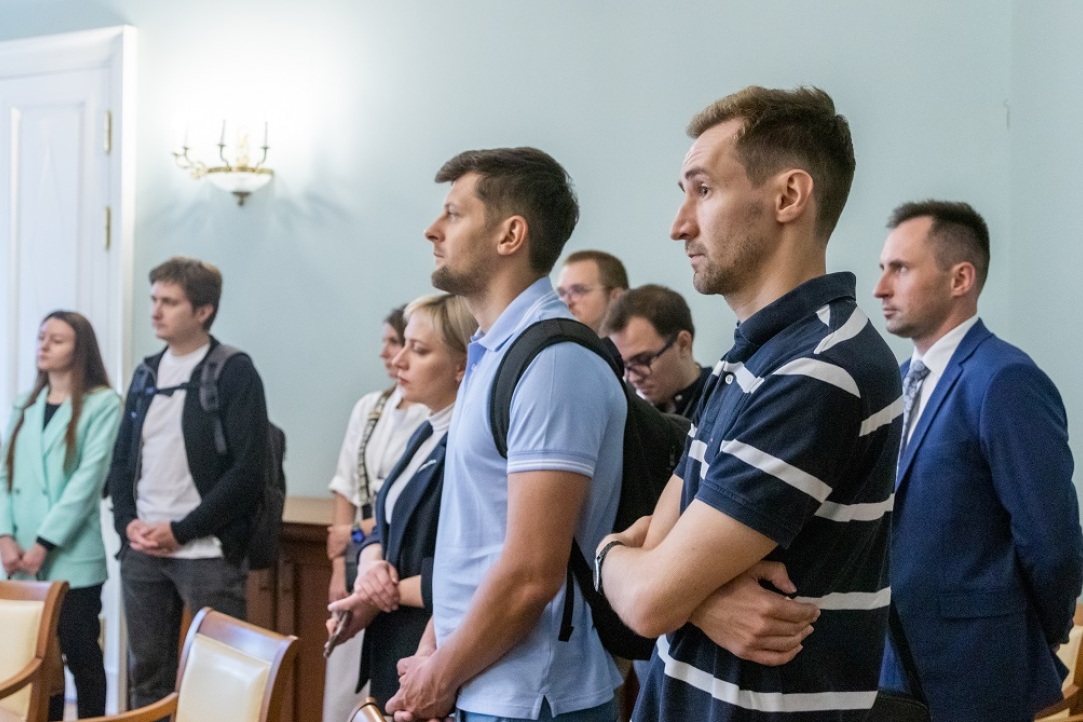
HSE University Welcomes a New Group of Postdocs
This autumn, 55 early-career researchers will start working at HSE University's campuses in Moscow, St. Petersburg, Nizhny Novgorod, and Perm. All of them have undergone a rigorous selection process and aim to make significant progress in both science and personal development during their participation in the Russian Postdoctoral Fellowship Programme. This year, in addition to PhDs who are Russian citizens, HSE University welcomes their colleagues from Poland, Kazakhstan, and India who have earned their academic degrees from Russian universities. On September 17-18, orientation events were held for them at HSE University.

HSE Scientists Create Imperceptible but Robust Digital Watermark
HSE scientists have developed an algorithm to protect digital images, significantly enhancing the security of multimedia data on the internet. The algorithm embeds watermarks into images; these watermarks are invisible to the human eye and capable of resisting various attacks. The results of the study have been published in Computers and Electrical Engineering.
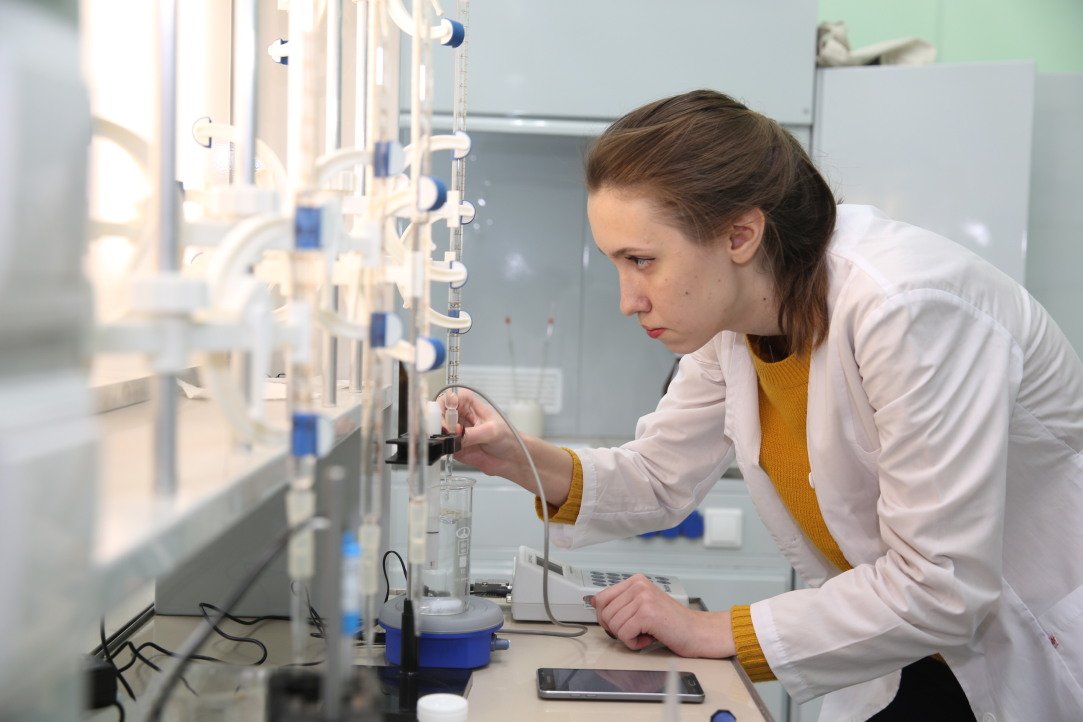
HSE ‘Mirror Laboratories’ Project Marks Five Years since Start
‘Mirror Laboratories’ is one of the flagship programmes of the HSE University aimed at developing domestic scientific partnerships. During the implementation of the project, 41 research projects were initiated in partnership with 30 regional universities and scientific organisations. A series of round tables timed to coincide with the fifth anniversary of the ‘Mirror Laboratories’ project, were held at the HSE University on April 24–25, 2024.

‘An STI-Accelerated and Informed Future is Possible’
The Twelfth International Academic Conference ‘Foresight and Science, Technology and Innovation Policy’ is kicking off at HSE University on November 22. Alexander Sokolov, chair of the organising committee, talked to the HSE News Service about the evolution of the foresight agenda. Two of the conference speakers, Ibon Zugasti from Spain and Mlungisi Cele from South Africa, shared some highlights of their research.

Researchers Explain How Massive Methane Emissions Affect Warming in the Arctic
Expeditions to the Eastern Arctic and Kara Seas investigated the thermal properties of bottom sediments. Numerous zones of bubbling methane flux were discovered in the shelf of the Laptev Sea and the East Siberian Sea, which researchers believe is affecting climate warming in the Arctic. The study has been published inMarine and Petroleum Geology.
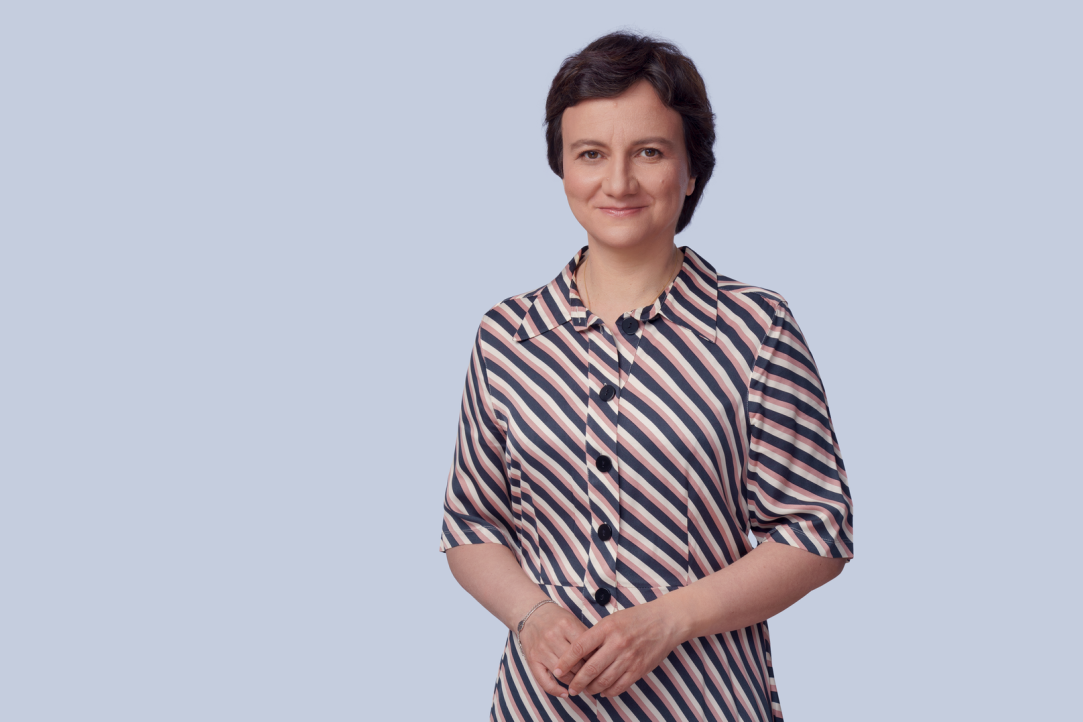
Mirror Laboratories: Uniting Researchers from Different Universities
HSE Vice Rector Maria Yudkevich speaks about the launch of Mirror Laboratories, the third open project competition held by HSE University. Teams from Russian universities, research organisations, and government research centres looking to collaborate with HSE research departments are invited to participate in the competition. Applications will be accepted until May 20.
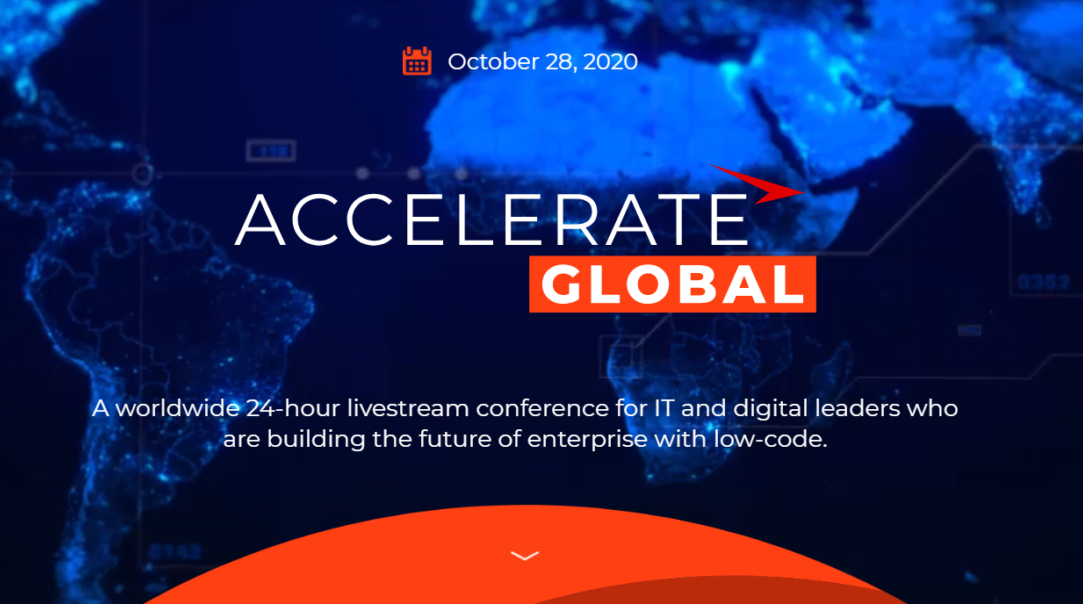
From Future to Present: How the Coronavirus Crisis Opens up New Opportunities for Domestic Business
The pandemic has put global development on hold and this is a chance for Russia to occupy market niches that were previously closed. But innovation should become as essential as air and, without information technology, new niches will still not be open. Alexander Chulok, Director of the HSE UniversityCentre for Science and Technology Foresight, spoke about this in a special report at the global conference‘Accelerate Global 2020’.
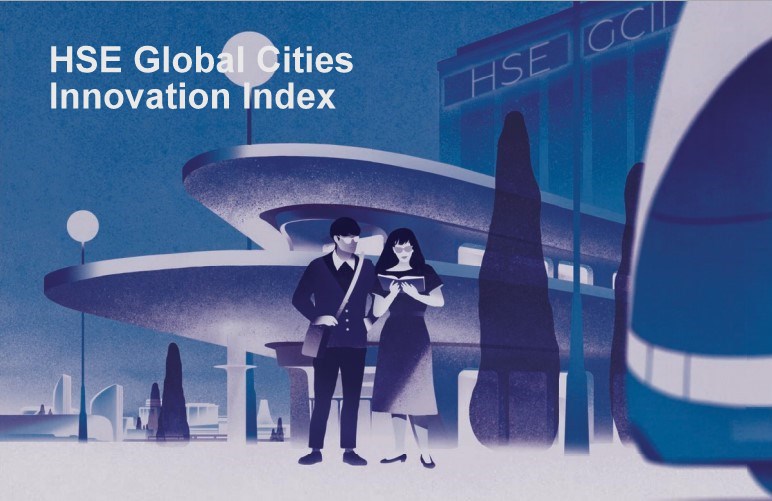
HSE University Presents First Global Cities Innovation Index
According to HSE University’s Global Cities Innovation Index, New York and London are the world’s most attractive megacities to innovators implementing creative and technological initiatives. Moscow ranked among the rating’s top ten cities, leading in the areas of ‘Innovation Infrastructure’ and ‘Digital Infrastructure and Services’. HSE researchers presented the index at this year’s Open Innovations Forum.
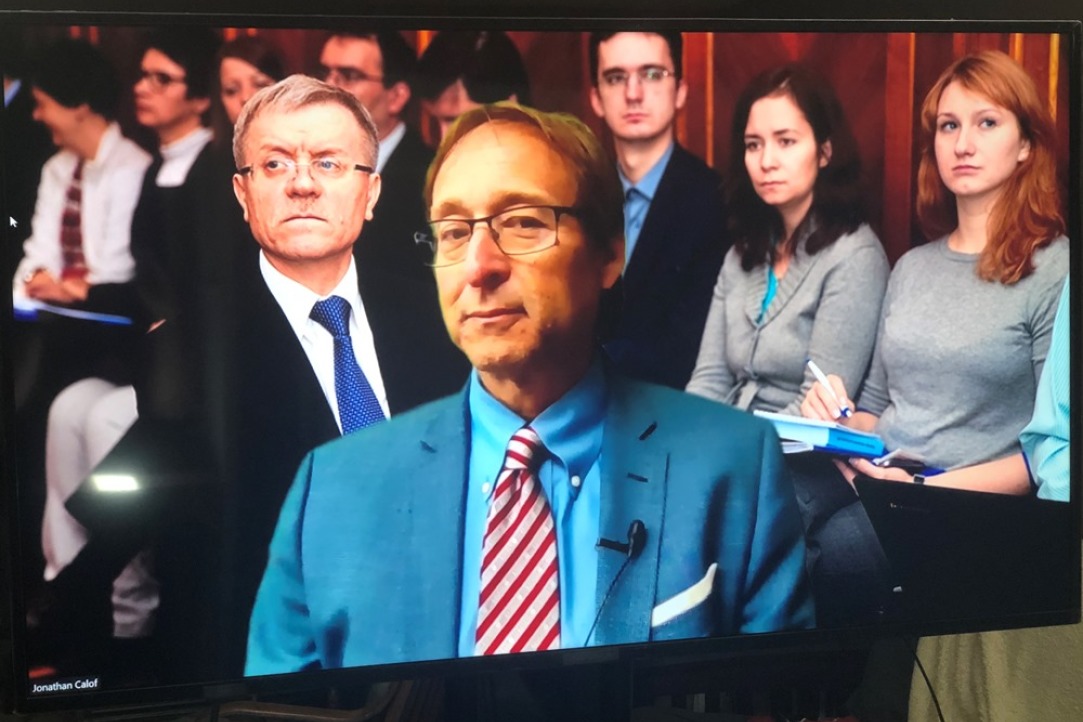
Jonathan Calof: 'I Hope That I Will Be Able to Travel to Moscow to Be with My HSE Colleagues and Friends Soon'
Jonathan Calof has been cooperating with HSE since 2009. In an interview with HSE News Service he talks about how his involvement with HSE began, what projects he has been part of, and how he has organised his online work during the recent lockdown.
Leonid Gokhberg: ‘Almost Every Fifth High-Tech Russian Company Uses Additive Technologies’
Additive technologies including 3D-printing are growing faster than 75% of other relevant digital technology areas, noted Leonid Gokhberg, HSE First Vice-Rector and ISSEK Director, at the forum ‘Additive Technologies, Growing Horizons’ hosted by the Skolkovo Institute of Science and Technology (Skoltech) on 3 December 2019.

